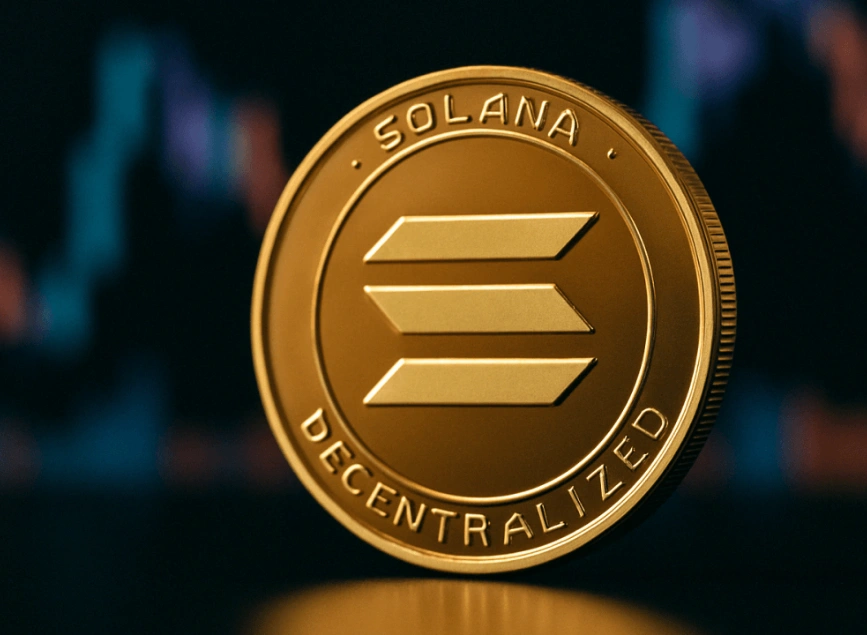
Digital Euro: The EU’s Answer to Dollar-Backed Stablecoins
As the world of digital finance evolves, the European Union is stepping up its game. With the U.S. pushing for global stablecoin adoption, the European Central Bank (ECB) sees the need for a digital euro to maintain financial stability and competitiveness.
Why the EU Needs a Digital Euro
On January 24, Pier Cipollone, an ECB board member, emphasized the urgency of launching a digital euro. His remarks followed U.S. President Donald Trump’s executive order, which prioritizes the global expansion of dollar-backed stablecoins.Trump’s move could shift financial power by drawing customers away from traditional banks toward stablecoin ecosystems, potentially weakening the eurozone’s banking sector.
The ECB’s Response
Cipollone highlighted the need for a digital euro as a defensive strategy:
“The keyword in Trump’s order is ‘global.’ This approach sidelines banks, costing them fees and customers. That’s why we need a digital euro.”
How the Digital Euro Will Work
The ECB’s digital euro aims to offer a secure, centralized alternative to private stablecoins. It will function as an online wallet, accessible to everyone—even those without traditional bank accounts.
Key Features
- Guaranteed Security: Backed by the ECB, ensuring high-level financial protection.
- Limited Holdings: Wallet balances may be capped at a few thousand euros.
- No Interest: Unlike savings accounts, holding digital euros won’t generate returns.
While this initiative strengthens financial inclusion, banks are concerned that customers may transfer large sums to ECB digital wallets, potentially reducing bank liquidity.
Read More : A Comprehensive Guide to Cryptocurrency Trading
What’s Next for the Digital Euro?
The ECB is still in the testing phase, and the final decision depends on approval from European lawmakers.
Interestingly, Trump’s executive order also prohibits the Federal Reserve from launching a central bank digital currency (CBDC), signaling a stark contrast between U.S. and EU approaches to digital finance.
The Global Race for Digital Currencies
Nigeria, Jamaica, and the Bahamas have already launched national digital currencies.
China, Russia, Australia, and Brazil are among 44 countries testing their own CBDCs.
Final Thoughts
The rise of dollar-backed stablecoins poses a serious challenge to European banks. A digital euro could help the EU maintain financial sovereignty and adapt to the rapidly evolving digital economy. However, concerns over liquidity loss in traditional banking remain.The big question now: Will the digital euro arrive in time to counter the growing dominance of dollar-backed stablecoins?
Share
Hot topics

Best broker for gold trading
There’s always been a certain magic about gold. Before online charts and trading applications, people stored their wealth in coins and bars, trusting that gold would retain its value during...
Read more




Submit comment
Your email address will not be published. Required fields are marked *